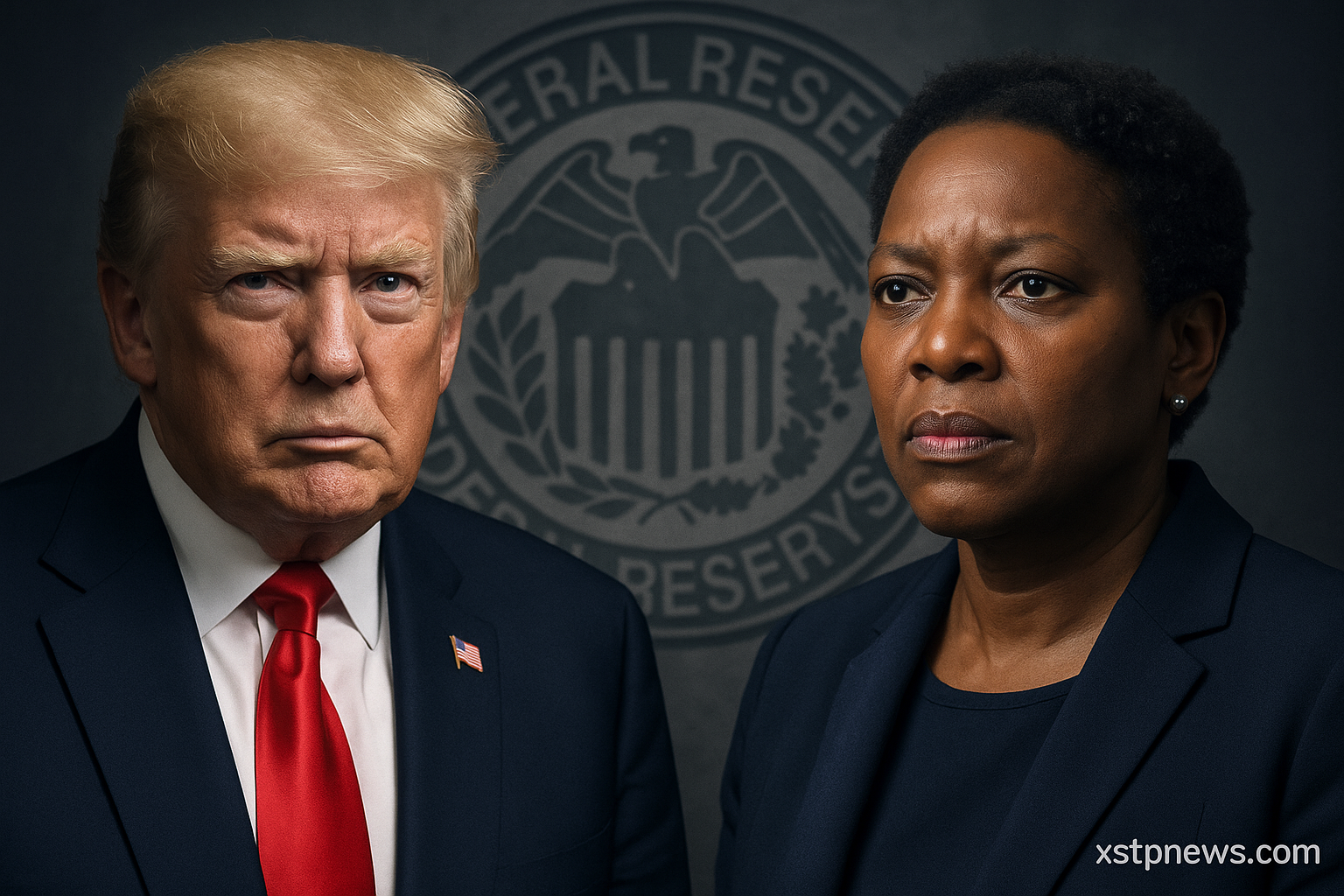The U.S. Securities and Exchange Commission (SEC) has officially approved a major structural change for crypto ETFs: from now on, spot ETFs for Bitcoin (BTC) and Ethereum (ETH) can create and redeem shares using the actual digital assets, not just cash. The move marks a major shift in how these funds interact with the traditional financial system.
At the core of the change is efficiency. Previously, authorized participants (APs) were required to use fiat dollars when issuing or redeeming ETF shares. With the new rule, they can directly transfer BTC or ETH, making these products more aligned with commodity-backed ETFs, like those based on gold.
The approval, confirmed by the SEC on July 29, also includes hybrid ETFs that combine both Bitcoin and Ethereum. In addition, the agency approved listed options and FLEX contracts for these ETFs, and raised position limits on Bitcoin ETF options to 250,000 contracts.
For regular investors, the way ETFs are bought and sold on exchanges remains unchanged. The difference lies behind the scenes: fewer currency conversions, lower fees, faster transactions. In some jurisdictions, there may even be tax advantages when redemptions are made using in-kind crypto instead of fiat.
SEC Chairman Paul Atkins said the change aims to “reduce costs, improve liquidity and bring crypto ETFs in line with best practices in traditional markets.” Director Jamie Selway added that the update strengthens arbitrage mechanisms and brings prices closer to true NAV, increasing institutional confidence.
At this stage, the approval applies exclusively to Bitcoin and Ethereum. Other crypto assets, such as Solana or XRP, are not included at least for now. However, analysts believe this sets the stage for future approvals, especially as the regulatory environment becomes more predictable and transparent.
The move confirms BTC and ETH as the institutional pillars of the digital asset space. With this new operational model, ETFs become even more attractive to funds, banks and professional investors accelerating the fusion between traditional finance and crypto infrastructure.
source: SEC, Reuters, Coindesk, CryptoSlate, Bloomberg







